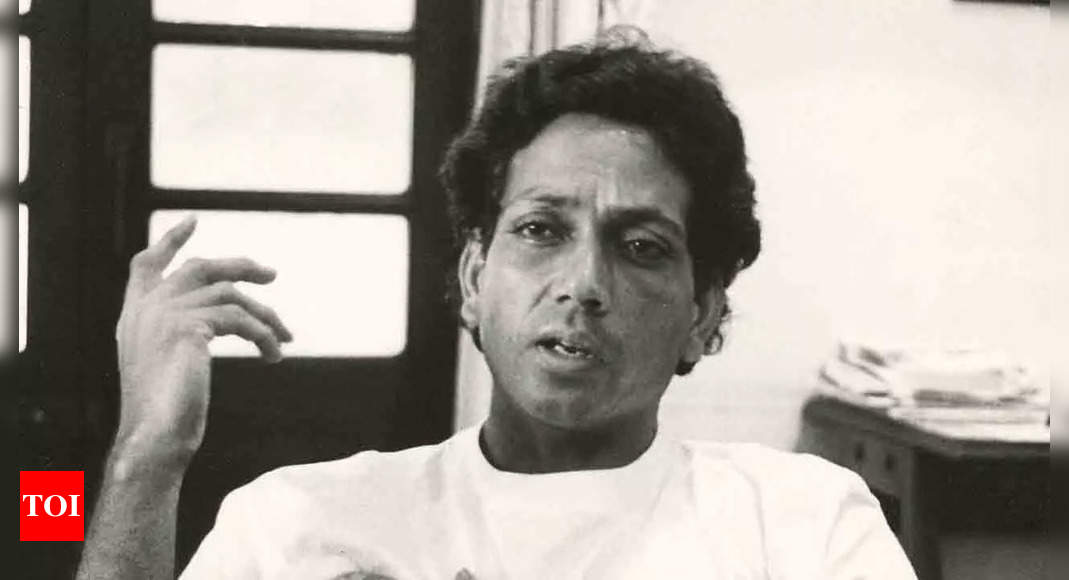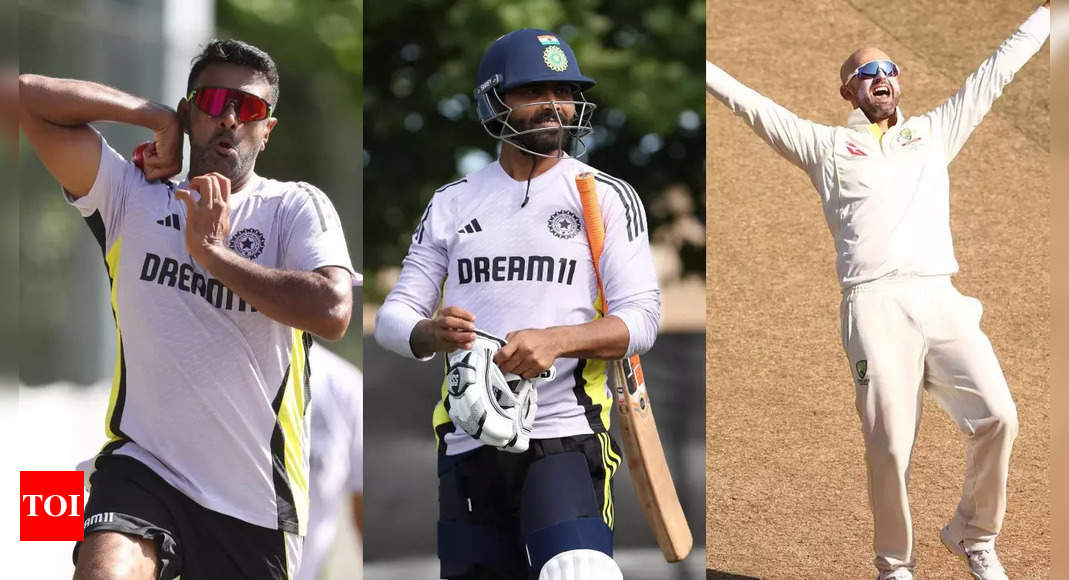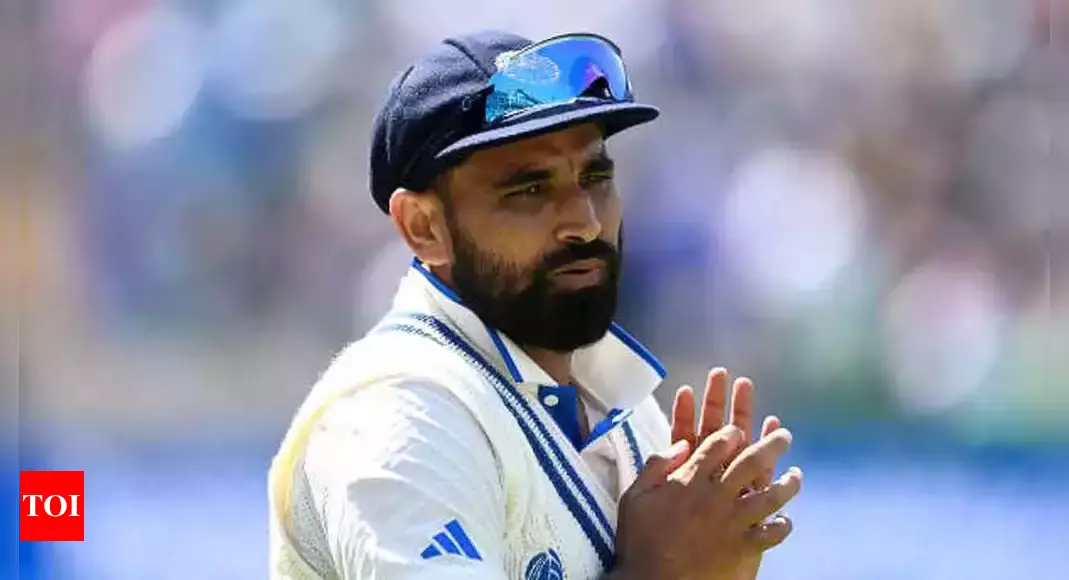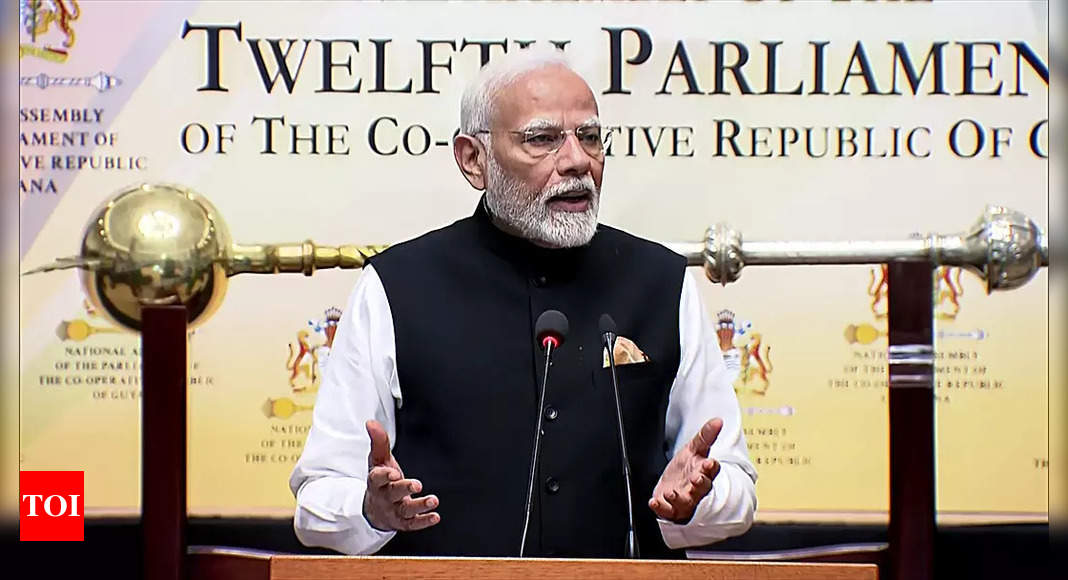
NEW DELHI: Legendary cricketer and 1983 ODI World Cup hero Mohinder Amarnath, who turns 74 today (September 24), had once stirred a hornet’s nest when he was dropped from the Indian cricket team.
To say that the 1983 World Cup victory was a watershed moment for Indian cricket would be an understatement.
It was on June 25, 1983 at Lord’s that the Indian team, led by the flamboyant Kapil Dev stunned two-time defending World champions West Indies to perhaps change the game forever.
Mohinder Amarnath played a pivotal role in India’s maiden World Cup victory. He was the Man of the Match in both the semifinal and the final.
In the semifinal against hosts England at Manchester on June 22, 1983, Amarnath took two wickets, before scoring 46 very crucial runs in the Indian run chase, as India won the match by 6 wickets.
In the all-important final against West Indies on June 25, 1983 at Lord’s, Amarnath scored 26 runs, the second highest score for India that day, as Kapil Dev’s team was bowled out for a partly 183.
But then Amarnath produced magic with the ball. His spell of 3/12 in 7 overs was crucial in bundling out the Windies for 140 runs, to pave the way for a historic 43-run victory that would change the face of Indian cricket forever.
Mohinder Amarnath and Kapil Dev with the 1983 World Cup trophy on June 25, 1983 at Lord’s. (Photo by Patrick Eagar/Patrick Eagar Collection via Getty Images)
And Amarnath’s famous ‘Selectors are a bunch of jokers’ statement and his tirade against former BCCI president Raj Singh Dungarpur, after he was dropped for the home Test series against New Zealand in 1988, is the stuff of legend. It was also a reflection of the man’s principled nature.
The tension between Amarnath and Dungarpur, a prominent Indian cricket administrator and selector, was a significant episode in Indian cricket during the late 1980s.
It stemmed from Amarnath’s public criticism of the selection process and his strong personality, which often clashed with Dungarpur’s authority.
Dungarpur, who served as the chairman of selectors during that period, was seen as a key figure in Amarnath’s controversial exclusion from the Indian cricket team.
Despite Amarnath being in good form and playing crucial roles in India’s success (notably the 1983 World Cup victory), he was frequently dropped from the team. This led to frustration and a sense of injustice for Amarnath, who believed that politics and favoritism were involved in the decision-making process.
In response to his repeated exclusions, Amarnath publicly called the selection committee a “bunch of jokers,” which was widely seen as directed at Dungarpur and other selectors.
Dungarpur, being a powerful figure in Indian cricket, did not take kindly to Amarnath’s outburst, and the relationship between the two deteriorated further.
While Dungarpur was respected for his contributions to Indian cricket administration, including his role in nurturing young talent, Amarnath’s criticism highlighted the murky nature of selections during that era.
The clash between the two became symbolic of the larger issues of transparency and politics within Indian cricket at the time.
Amarnath’s outspoken nature made headlines, and his remark resonated with many cricket fans who were also frustrated with the inconsistent policies of team selection.
Despite the controversy, Amarnath remained a respected figure in Indian cricket due to his outstanding performances on the field, particularly during India’s 1983 World Cup win.
Son of Lala Amarnath, the first post-independence captain of India, Mohinder Amarnath is commonly known as ‘Jimmy’. He is also known as the comeback man of Indian cricket and was noted for his personality, courage and determination.
Amarnath played 69 Tests scoring 4,378 runs with 11 hundreds and 24 fifties and also claimed 32 wickets. He also played 85 ODIs for India.









